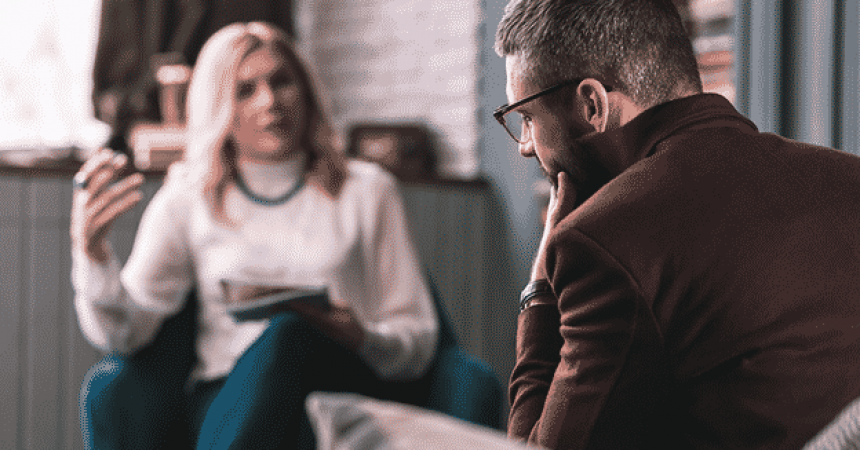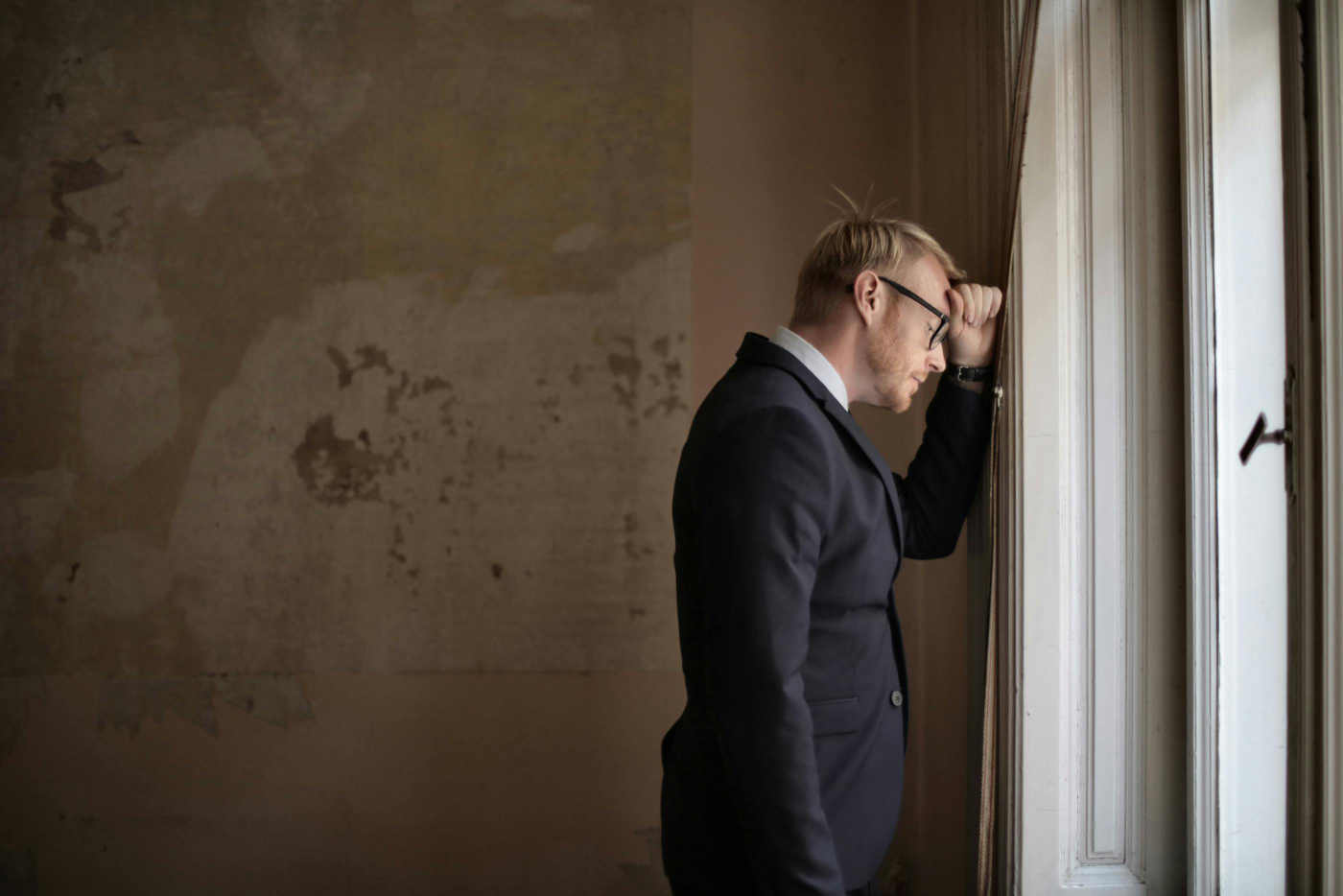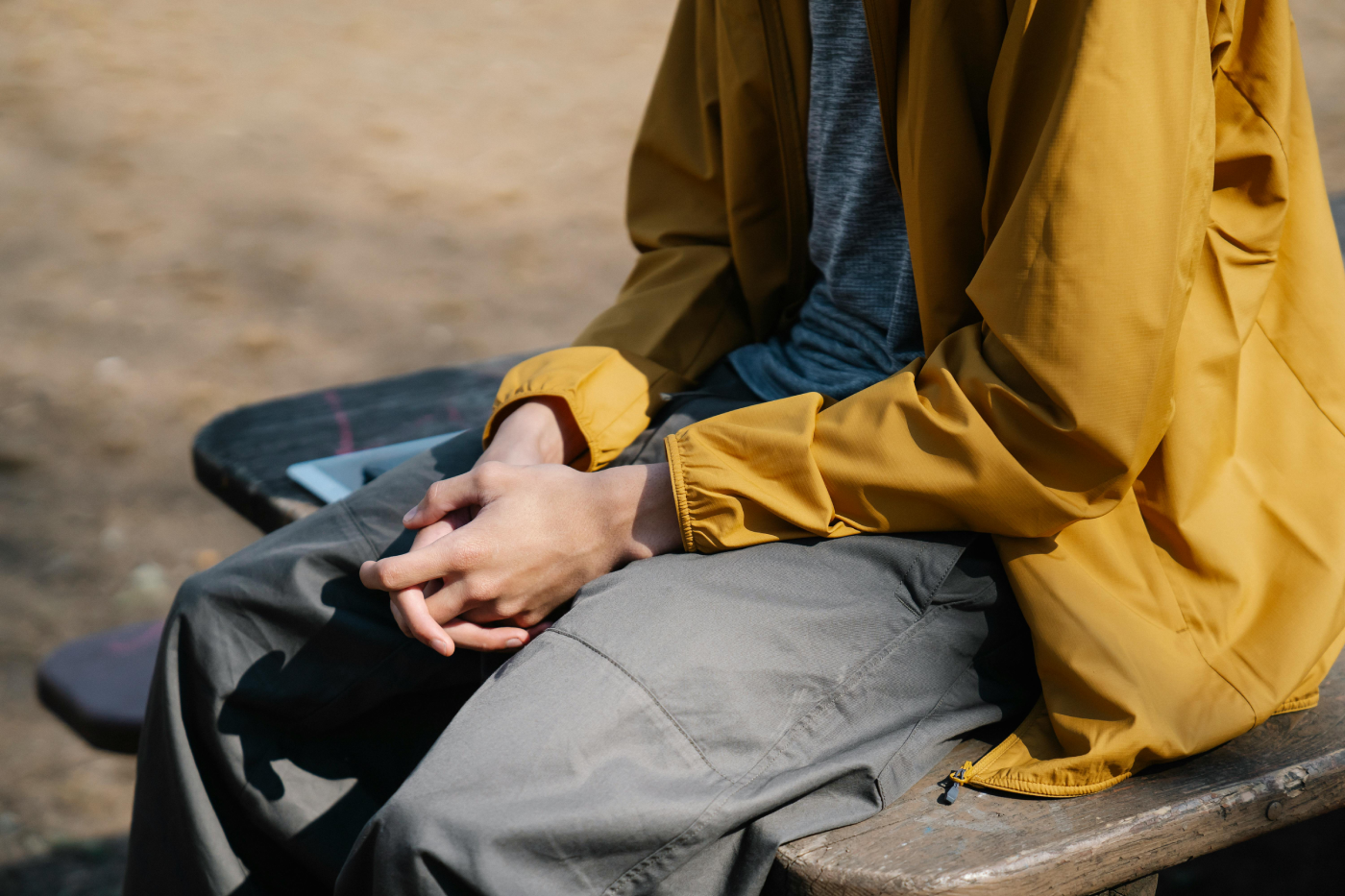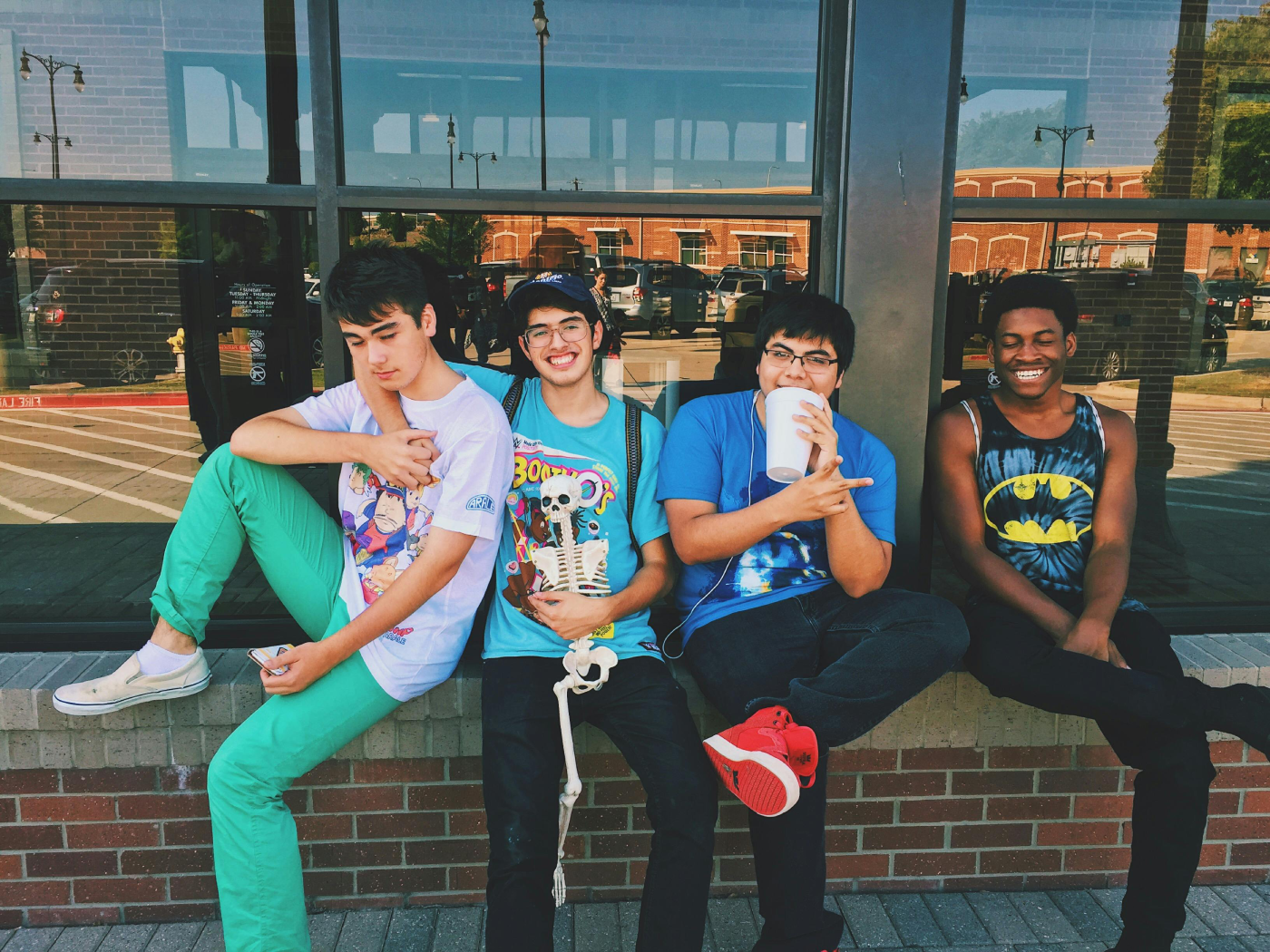Anxiety is a common feeling that many people experience. It can usually be described as feeling worried or anxious surrounding a particular event or situation. A certain amount of anxiety is normal, as it is a natural reaction to stress. It is anxiety’s job to bring your attention to an actual or potential threat to your survival or well-being. Ideally, once you are made aware of that situation, you can focus your attention on remedying the problem.
However, anxiety becomes a problem when it becomes obsessive or irrational and begins to interfere with your everyday life. Anxiety is one of the most common mental disorders in the United States, and research has shown that it tends to be more prevalent in women than men. There are several different types of anxiety disorders, including generalized anxiety disorder (GAD), panic disorder, social phobia or social anxiety, and specific phobias.
Generalized Anxiety Disorder
According to data from National Comorbidity Survey Replication (NCS-R), an estimated 5.7% of adults in America experience generalized anxiety disorder at some point. Generalized anxiety is a common type of anxiety disorder that causes a person to be constantly anxious about things that are out of their control. Often, this person will feel stressed about a situation long after they are removed from that situation. Usually, a person is diagnosed with generalized anxiety disorder when they experience frequent worry or tension for at least 6 months.This person may not know the source of the anxiety or tension that they feel. Other symptoms of generalized anxiety disorder include muscle tension, upset stomach, sweating, difficulty breathing, restlessness, trouble sleeping or staying asleep, irritability, fatigue, and problems concentrating.
Social Anxiety
Social anxiety or social phobia is a common type of anxiety disorder in which a person experiences anxiety or fear during all or some social situations. For instance, going to a job interview, being in a social situation that requires meeting new people, or even something as simple as asking for help in a store could cause a person with social anxiety to be afraid and feel incredibly anxious. However, some people may experience social anxiety in the form of performance anxiety, which is a type of social anxiety where a person’s fear stems from performance instead of social interactions. Research suggests that about 7% of Americans are affected by social anxiety. People with social anxiety also tend to harbor big fears of rejection and humiliation. This person might struggle to do everyday things in front of people because they are deeply afraid of being judged. People with social anxiety often feel a lack of control over this fearful feeling that may cause them to avoid social situations and can interfere with a person’s work, school, or social life.
Panic Disorder
Another common type of anxiety disorder is panic disorder. Panic disorder is when a person’s anxiety causes them to experience panic attacks. Panic attacks can be set off at any time, even when a person least expects it. According to The National Institute of Mental Health (NIMH), panic attacks are “sudden and repeated attacks of fear that last for several minutes or longer.”
During a panic attack, it is possible that a person has a strong physical reaction. Panic symptoms may include difficulty breathing, rapid heartbeat, sweating, weakness or dizziness, chest or stomach pains, and feelings of hot or cold chills. Panic attack symptoms usually begin to occur in young adults. The National Institute of Mental Health research shows that 4.7% of the American population has experienced a panic attack at some point in their lives. It is possible to have experienced panic attacks, but not have panic disorder. Some people with extreme panic disorder are afraid to leave their homes because they don’t want to go to places that have previously triggered a panic attack in fear that it will be triggered again.
Specific Phobia
Specific phobia is a type of anxiety where the source of a person’s anxiety or fear comes from a specific object or circumstance. The thought of facing this fear is intense, but irrational for something that may cause little to no threat to the person. These fears often set off panic attacks. An estimated 12.5% of adults experience specific phobia. Specific phobia can range from anything from acrophobia (fear of heights) to trypanophobia (fear of medical procedures) to ophidiophobia (fear of snakes).
Treatment for Anxiety Disorders
Anxiety disorders are often treated with different types of therapy such as cognitive-behavioral therapy (CBT) or medications such as Klonopin, Xanax, or Valium. These medications can be addictive, especially when taken without precaution or a doctor’s prescription. Some people may abuse substances to offset the symptoms of their anxiety disorder. If this is the case, the person should be treated for both anxiety and substance abuse simultaneously. Treatment for anxiety disorders will differ from person to person and will depend on the type of anxiety disorder that the person has. Treatment usually focuses on changing the person’s thoughts around the thing that they are afraid of.
Anxiety is one of the most common mental disorders in America. It may be difficult for someone with an anxiety disorder to even know the source of tension or cause of their anxiety. That’s why it’s important for a person to know the type of anxiety that they have, whether it’s generalized anxiety, panic disorder, social anxiety, or a specific phobia. A person with anxiety may feel out of control and have difficulty facing their fears, but a professional can help pinpoint sources of anxiety and give the person tools to help manage these emotions so that it doesn’t interfere with their life. Many people with anxiety have a dual diagnosis with substance use disorder.
Shoreline Recovery Center offers treatment for co-occurring disorders and we understand the importance of catering treatment to a person’s specific needs. For more information, please call (866) 278-8495 to learn more about the programs we offer.







